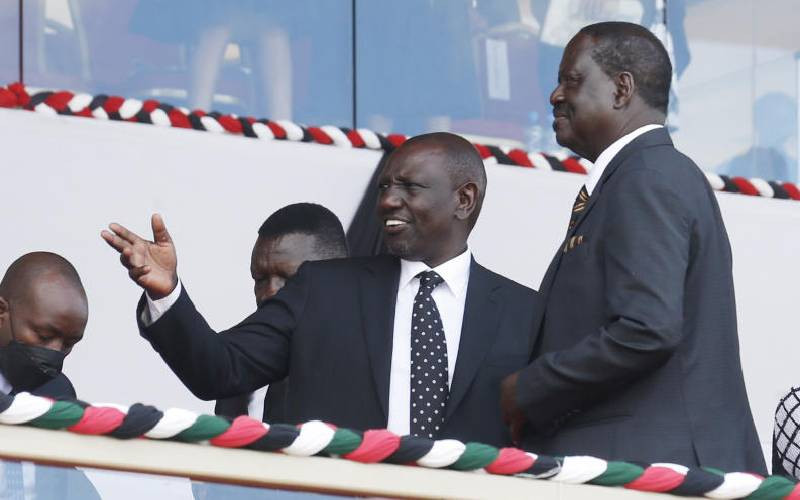×
The Standard e-Paper
Home To Bold Columnists

Barely seven months after the General Election, the country is experiencing heightened political activity, a situation that has recurred in recent electoral cycles.
The government and the opposition are once again locked in a political battle, with the two sides seemingly looking towards the 2027 presidential contest.